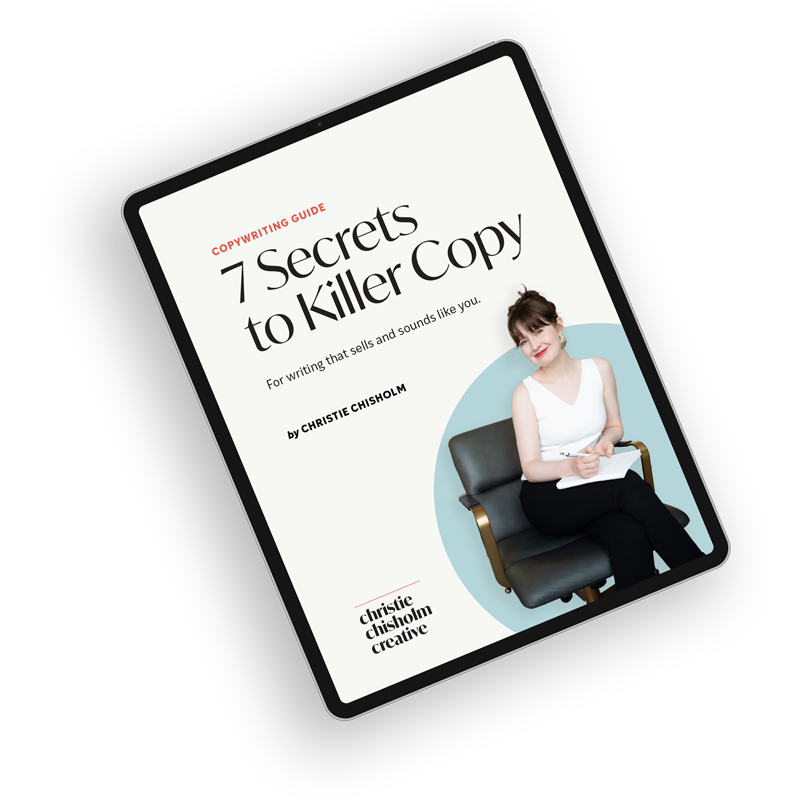Today I’m going to tell you about something new—or, rather, I am going to do something new, which is open a subject I usually like to keep very much closed.
This letter, by nature, exists in the plane of the personal. That’s how it started—as something I needed to do for myself—and that’s why it’s still alive, even if in fits and jumps. By not trying to hide the personal, by indeed highlighting scars rather than camouflaging them with makeup or a bit of sly photo editing, we bring truth a little closer, lasso it and tug.
It’s an innately human desire to tug at truth until it’s in full view, excavate and examine it until we are pleased with our well-considered conclusions. It is also instinctual to want to share only the prettiest fragments of our own truths, our most charming ecstasies and none of our agonies. When we do share those darker realities, though, we usually find that the act of offering is itself a catharsis, to ourselves as well as others, because there are always others who relate to our pains. When we give them breath, others expand.
In this letter, I have shared many of my own large and little agonies—stories of loss, death, depression, fear, mental illness, compulsion, abuse, violence. But there is one subject that consumes a fair fraction of my life, too many days, that I have not written about here. Unless you are a close friend or family member, or unless you have caught me in a moment of absolute panic, there’s a slim chance you’ve heard me talk about it with any openness, beyond a comment passed under the tone of self-deprecation. That subject is money.
I know I’m not alone; most of us are raised to avoid the subject, even though at one point or another we all crumple under the weight of our financial lives, if for different reasons. It defies good etiquette, comes off as boastful or intrusive, marries feelings of self-worth to fiscal worth. Women, especially, are told not to discuss money, although hopefully we are starting to break from that tradition. God forbid we tell each other how much we make and lend some transparency to the wage gap we all know exists yet hope somehow doesn’t apply to our circumstances. Let me tell you: It does.
The thing about sharing experiences of financial hardship, as opposed to experiences of grief and illness and trauma, is that much more agency, or responsibility, is assigned to the topic. It is not your fault if someone you love gets sick and dies. It is not your fault if a stranger breaks into your home while you’re sleeping and tries to rape you. It is not your fault if you were born with an anxiety disorder and it took you 30-some years to come to terms with it. It is most likely your fault if you are always struggling to pay your bills. There’s only so much blame you can assign to bad luck.
It sneaks up on you, much like an abusive relationship. You let small things go early on, chalk them up to youth or a bad day or week or month. You can’t afford groceries so you put them on a credit card. Your boyfriend calls one of your ideas stupid—uses that actual word, stupid. It stings, you tell yourself it won’t happen again. But of course it does.
It’s rarely one bad choice that leads to the trouble; it’s the seemingly microscopic series of choices that add up to a height so terrifying, it seems impossible that you will ever find your way down.
You do it for love, after all. Love of career, love of lifestyle, love of relationship. You take a low-paying job in your industry because, let’s face it, most jobs in your industry are low-paying. But they’re noble. By taking the job and choosing passion over wealth, by forgiving him and choosing loyalty over ego, you are noble, too. What’s a little martyrdom in the name of love?
It chips away at you, though, one nick and then another, carving at you as it winnows your freedom. Each cut weakens your foundation, makes it more likely that you might topple, makes it harder to leave in search of a place that doesn’t scratch at your bones.
It isn’t until your credit card is declined at the grocery store, until he blatantly starts putting you down in public, that you realize exactly what kind of quicksand you’ve stepped into. And still, you tell yourself it’s temporary. You’re young; you’ll make more money when you’re older. He’s young, he’s going through a phase. It will all work out.
Your student loans come out of deferment and you have no idea how you’re supposed to pay them. Maybe if your credit card statements weren’t so high that simply paying the monthly minimums cleans you out—but they are, and they do. You didn’t feel foolish when you took those government loans so you could attend the school of your dreams. You felt proud. But holding your forehead in one hand as you hold up your phone with the other to ask for one more extension, and then another, and another, the last thing you feel is pride.
Unwilling to accept the weight of your current circumstances, you pawn off your problems to a future version of yourself, when you’ll make more money, when you’ll have a double income, when the magic of time will wash away all of these stains. It will all work out.
It’s rarely one bad choice that leads to the trouble; it’s the seemingly microscopic series of choices that add up to a height so terrifying, it seems impossible that you will ever find your way down. The midday latte. Ordering delivery because you’re tired from a long day. Taking a car instead of the subway because it’ll take half the amount of time and it’s raining and you’re running late, as usual. Not asking for a raise because you’re scared of appearing greedy. Not going and finding another job because you love the one you have, even if it doesn’t pay you what you’re worth. Not speaking up when he puts you down, walks in front of you, ignores you when you’re talking. Not leaving because you’re scared you’ll end up with nothing, even though zero is still higher than the negative that now defines your life.
Too often it takes a breaking point, a crash, a cataclysm to wake you to the mess you’ve managed to make your home. Too often you change course not out of choice but because someone shoved you into a free-fall. It was 18 years ago that I was pushed from a relationship that knocked a hole in me, and into a better life. For 18 years, I have remembered the lesson. And yet right alongside it, I have ignored a different kind of abuse, which, like so many of our injuries, has harmed not just my home, but the lives of those around me. In this story, I am the abuser, in denial of my crimes.
But here is a beautiful truth: Unlike the agonies of your life that were forced upon you—illness or violence or unknowable, illogical fear—this is an agony with a solution. The shame it radiates may be more pungent for your role in letting it fester. It may terrify and batter you and threaten your sense of self. But you can reclaim your pride. If you’re smart, you can find a way out of the quicksand. And, with enough work, you can wash yourself clean.






This is such an important topic because, it is such a serious personal and societal issue that not being adequately addressed. Thank you for sharing your insights and experiences. There is a common shortsightedness in our country about helping develop the younger generation into financially stable, productive adults. This shortsightedness promotes the dream of the perfect 9-5 job as being guaranteed if you have a college education. Then after graduation with debt higher than the cost of a small condo, there is no job waiting beyond a part-time, no benefits minimum wage job. It is easy for young adults to buy into that dream, as it plays on the legendary American Dream of starting from scratch and rising to the top. We live near a college town where monthly rent and food costs about 2.5 times the minimum wage. The housing shortage is a misnomer — as there have been thousands of apartments built in the past few years. It is an affordable housing shortage that plagues the students and all those in the service industries as well as teachers and many other professions. So, while it is true that each person makes their own choices about how to spend their money, the deck is stacked against the younger generations with the lack of opportunities, the increased costs of living, and the lack of guidance by the older generations.
Thank you for this, Paula. I appreciate your generosity, and when it comes to how younger generations are being set up to succeed (or fail), I think you’re absolutely right. The amount of debt young people carry around with them is a national crisis. It makes me hopeful, though, to see more people recognizing and talking about that crisis. It‘s not an easy problem to fix, either on an individual level or a nationl one, but it can be done. As with many things, talking about it is a good first step.